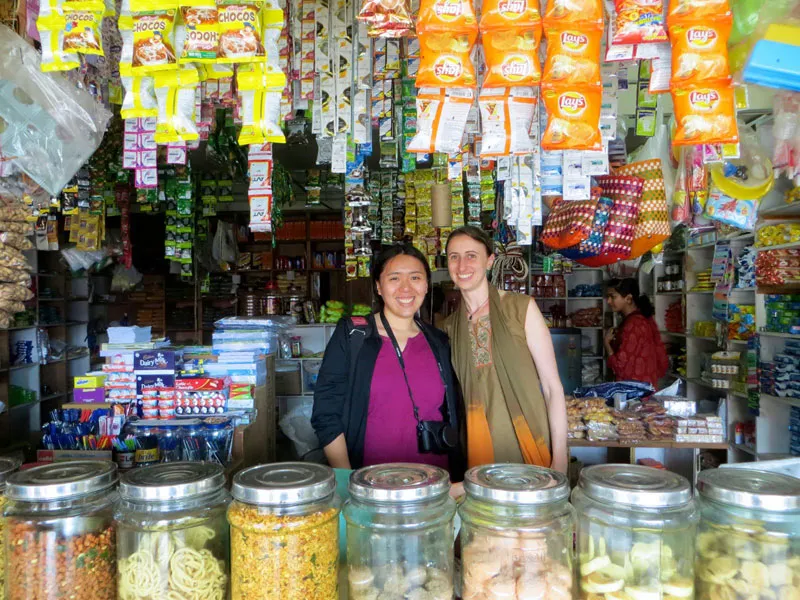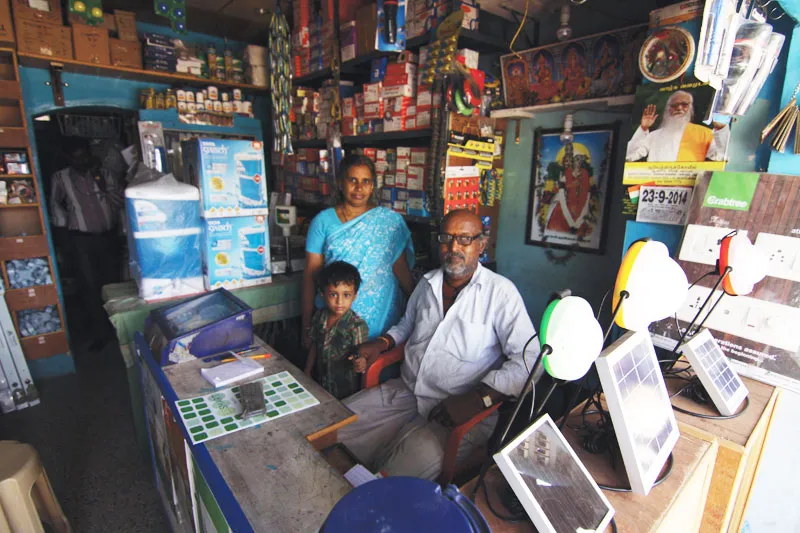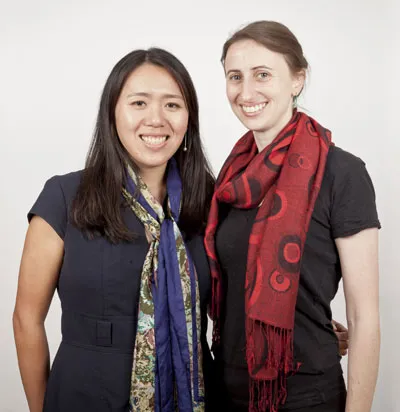The company that’s making mobile phone-operated water pump controllers a reality in Tamil Nadu
Innovation in life-improving products doesn’t get recognised even when the technologies have been around for over 50 years. Hence, it does not have the intended impact, but this can be fixed by distribution. Essmart, a startup from Tamil Nadu founded by two Ivy League graduates, focuses on getting “the world’s essential technologies in every local shop.”

How Essmart distributes life improving products by building relationships
Diana and Jackie, Founders of Essmart, recognised that the ‘kirana’ shops in rural regions –trusted by the community — were the most favourable markets to begin their distribution. The sales executives at Essmart don’t look at pushing the product, but start with building lasting relationships with kirana stores. These shops enabled word-of-mouth marketing for products from Essmart that they housed. Earning the trust of the community made Essmart known, and helped it grow from one distribution centre in Pollachi in 2012 to six offices in different rural areas of Tamil Nadu today. The products range from solar lanterns and water filters to safety gear and farming tools.
Inside the operations of Essmart and the intricacies of marketing that make the difference
All the products Essmart distributes are supplied by local manufacturers (or already imported products).It gives these manufacturers the push they need to get their products into the market, and realise the impact they desired to make.
Indeed, Essmart works on the social concern of development, but it remains essentially a business. The products, unlike their previous counterparts, are not marketed to communities as goods for poor people, but rather as products for regular customers, who share the same consumer behaviour as you or me. The founders recognised the “logical Indian consumer” who “felt good” about purchases they invested in. They valued these purchases more than products of similar nature freely handed to them by NGOs or charities. Through Essmart, these consumers were shown the new lifestyles they could lead through life-improving products. The marketing was about bringing dignity back to customers.

But residents of these rural areas were sceptical after being cheated previously with life-improving products that did not match up to their claims
In order to combat the wearying experiences of previously used life-improving products, Diana and Jackie took it one step further by branding every product they distributed with a seal of approval. This gave consumers assurance of their local presence, and a reason to believe the reliability of their products through post-purchase services.
But with great distribution, comes great responsibility

Jackie and Diana set up operations in Tamil Nadu, with the heavy responsibility of materialising their vision in a region very alien to them. However, working in Tamil Nadu was a step that seemed logical to Diana, who had already established contacts within the state while working on her thesis in IIT Madras. Prashanth Venkataraman, Jackie’s former classmate, who was involved in every step of the process, hailed from Pollachi, making setting up much easier. “An integral part of my life is taking risks and pushing comfort zones,” says Jackie, who, along with her business partner, embraced what would be considered risks of setting up in South India.
The journey of Essmart – now, the winner of the Cartier Woman’s Initiative Award 2014 in Asia Pacific
Diana never saw herself wearing the shoes of an entrepreneur, but while working on her thesis, ‘Social impact Technology Dissemination in Southern India,’ she found it frustrating that no one looked at distribution problems. Armed with a Master’s degree in Urban Planning and International Development from MIT, Diana wanted to address this problem. She fell into the company of Jackie, a student of Engineering for Sustainable Development from Harvard, who shared the same sentiments. The two were first introduced to each other by a college professor, which led to a lunch coloured with brainstorming.
As Diana expresses, they had “lucked out”, and there isn’t exactly a sure-fire way of finding a partner for entrepreneurial endeavours. Though Jackie had recognised problems of distribution during her years of travel in Ethiopia and South Africa, Diana figured the disparities in advertising and distribution in disconnected communities while travelling through Tibetan villages.

The two had won multiple awards like the MIT ideas Global Challenge, Dell Social Innovation Challenge and Green Fellows, for their company model, and the prize money gave an impetus in terms of funding. But, the Cartier’s Woman’s Initiative Award 2014 in Asia Pacific gave them visibility. “All of the other enterprises that we found tackling the challenge of distribution seemed to see it as a means to an end rather than the end in and of itself,” says Jackie. Conveying the need to address this challenge at a global level led to Essmart’s recognition, and inclusion of the founders in the network of women entrepreneurs of the world.What the future holds for Essmart
Essmart has no competition in terms of operations at a local level. Having a versatile range of products, all of which are dependent on seasonality, has helped the fast expansion of the company. The next step for them is taking their venture to North-West Karnataka. For now, they will slow it down for greater funding.







